Making Xin Ding Ban by Hand and Learning About Hakka Culture
On May 22nd, the College of Liberal Arts at National Taiwan Normal University (NTNU) held the “Hakka Traditional Culture Feast: Xin Ding Ban” event, inviting Ms. Hsiao Ping-ying as the keynote speaker to help students experience and learn more about Hakka culture.
Ms. Hsiao began by demonstrating the preparation process of Xin Ding Ban, sharing important tips such as cooking temperature, the use of tea tree oil, and how to fry the cakes to a golden brown on both sides. Afterwards, she offered participants a taste of the finished product, allowing them to enjoy the unique flavor of Xin Ding Ban.
Ms. Hsiao also shared the historical background and cultural significance of Xin Ding Ban. Traditionally, Hakka families prepare these red rice cakes to celebrate the birth of a male child—especially during the Lantern Festival. Made from a mixture of glutinous and Japonica rice and coated with a bright red layer, the cakes are taken to the Earth God temple (Bag Gung Temple or Tudi Gong) as an offering to give thanks and pray for the child’s health and protection. The cakes are typically imprinted with a tortoise shell pattern, symbolizing longevity. When the child turns 16, another round of Xin Ding Ban is made on the 15th day of the tenth lunar month to fulfill the original vow. At that time, the cakes should weigh over 1 kilogram and be stacked in more than 16 pieces to represent the child’s coming of age.

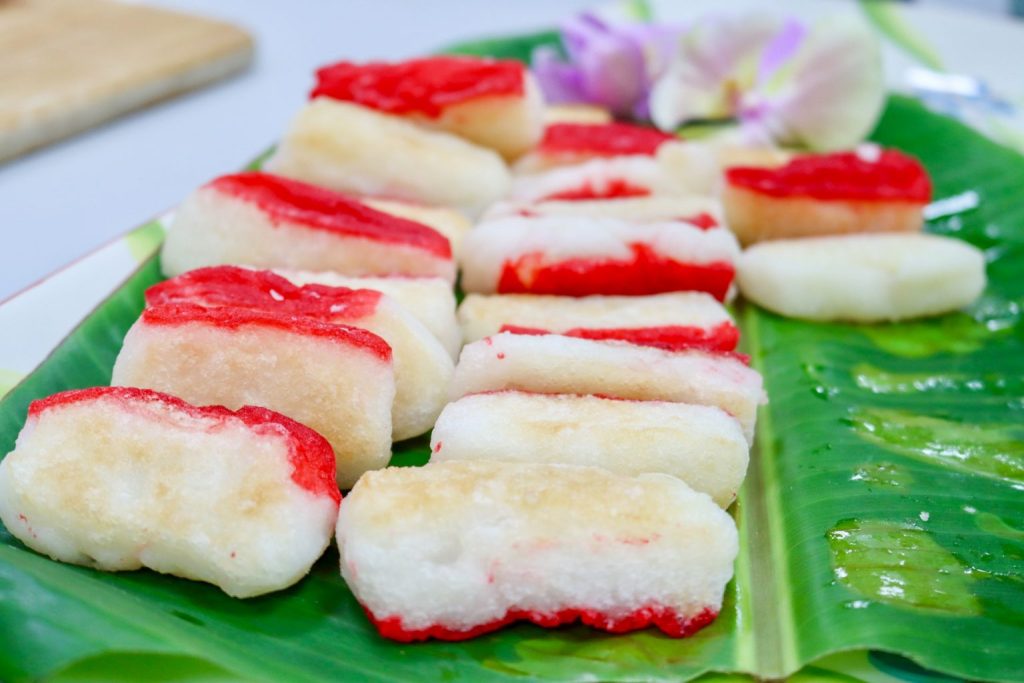
Activity Deepens Cultural Identity
Chuang Shu-ching, a student in the Master’s Program in Teaching Chinese as a Second Language, shared her experience: although she is of Hakka descent, she had little exposure to Hakka culture growing up in Taipei. This event gave her the opportunity to learn more about her heritage, including the origins of Xin Ding Ban, and strengthened her cultural identity. She expressed gratitude to the College of Liberal Arts and to Ms. Hsiao for the meaningful experience.
In the final Q&A session, Ms. Hsiao enthusiastically answered students’ questions, taught everyday Hakka phrases, and hosted a fun quiz game. Students who answered correctly were rewarded with more Xin Ding Ban, giving them a second chance to enjoy its taste and cultural meaning.
To align with the national language policy and foster a multilingual-friendly environment, the College of Liberal Arts launched the “Hakka Language and Hakka Culture Credit Program” in 2024, aiming to integrate Hakka language and culture into student life. More information is available on the college’s official website. The College of Liberal Arts is committed to promoting multilingual education and actively organizes related activities. Going forward, it will continue to host more events centered on Hakka language and culture, and all students are encouraged to participate.
To follow the activity information of the College of Liberal Arts, please search and add our Instagram account: @cla_ntnu
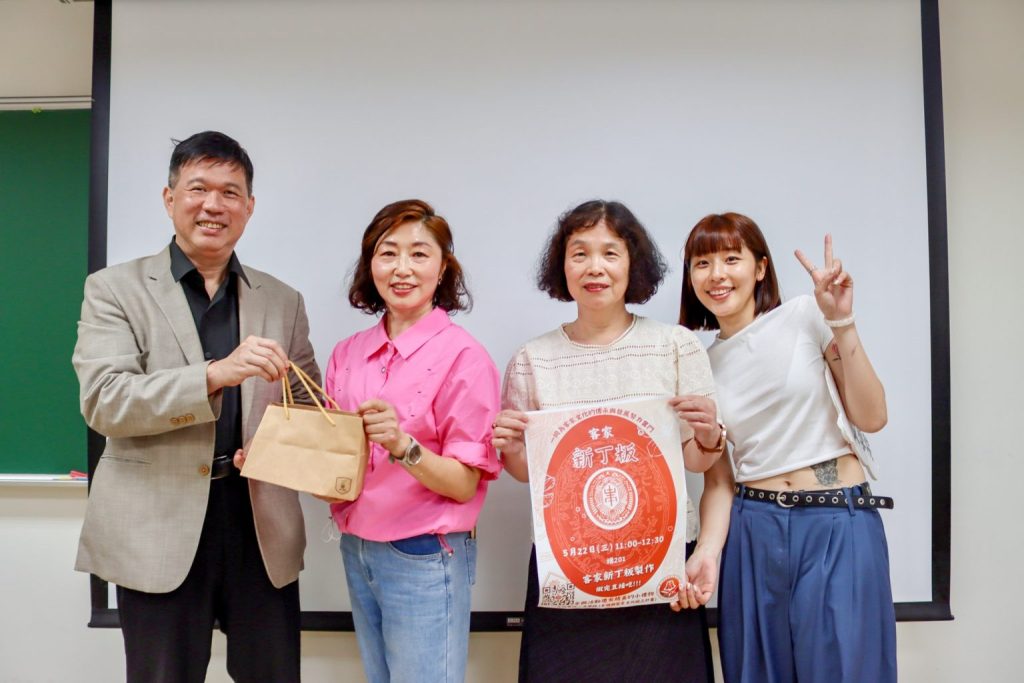
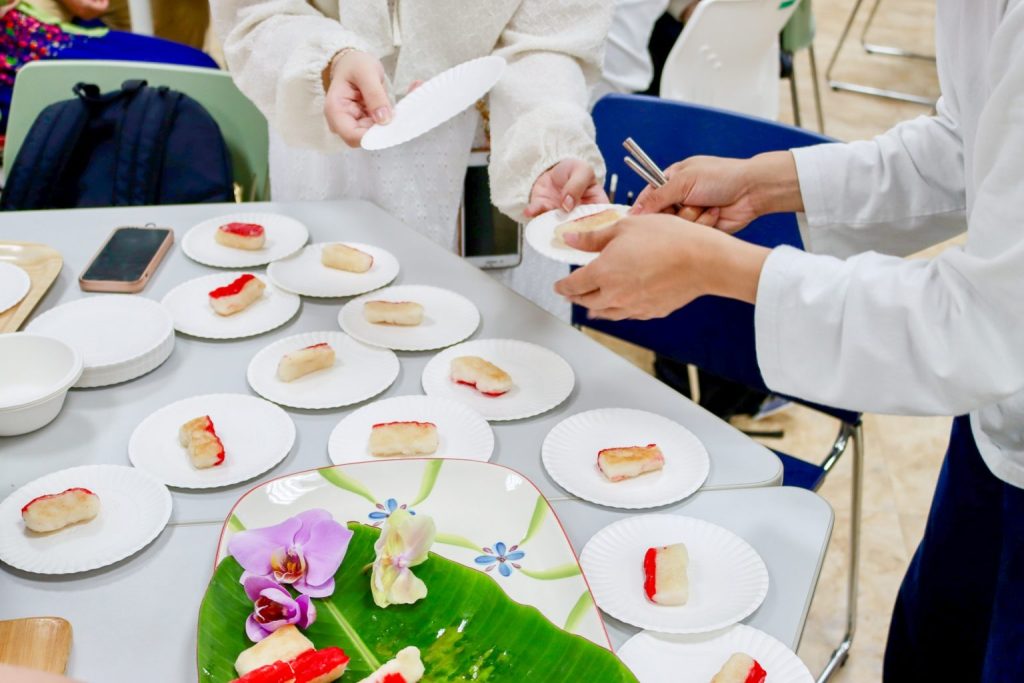
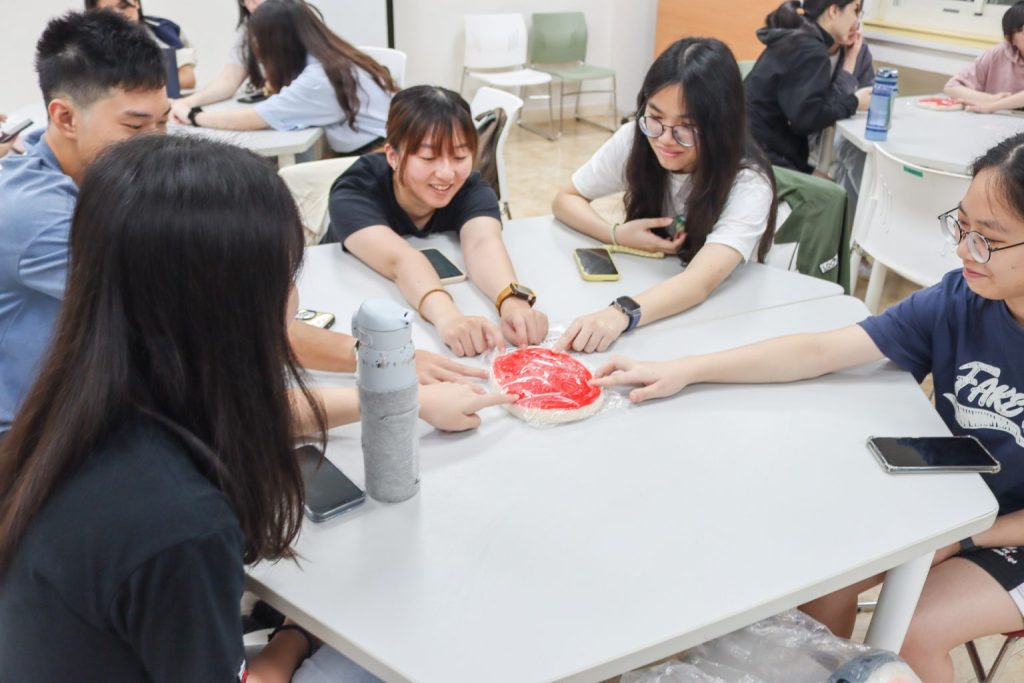
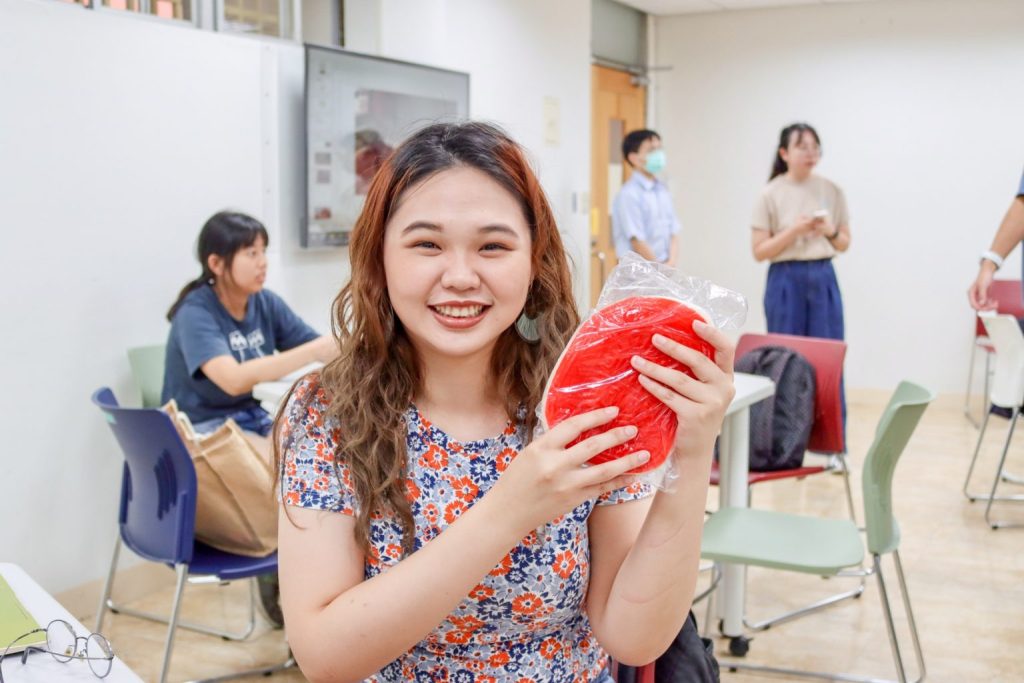

Source: NTNU News(open in a new window)

